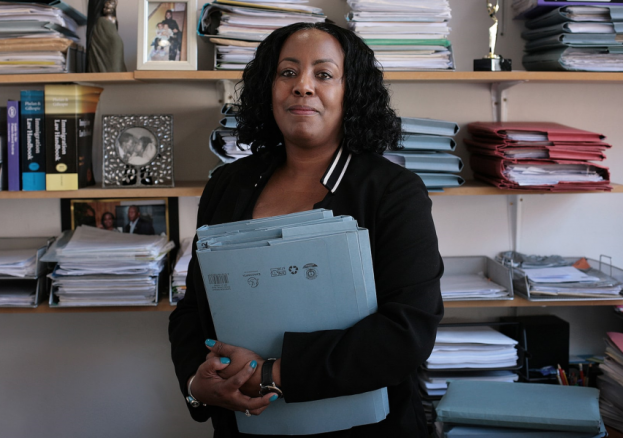
The revelation that men and women who came to the UK from Commonwealth countries between the late 1940s and early 1980s, clutching a myriad of passports describing them as British subjects, British citizens or citizens of the UK and colonies, had their claims to citizenship or settlement questioned, was shocking.
It illuminated however, a system which immigration lawyers had long found woefully inadequate and cruel. Lawyers saw increasing numbers of British people struggling to prove their status due to a lack of documentation but the media expose of the phenomenon in the spring of 2018, with story after story of victims, brought to the fore of the nation’s consciousness, how the hostile environment ensnared innocent men and women. To date, no one, least of all the government, knows the full extent of the numbers of victims or of the damage done to them and their families. And as if this story wasn’t bad enough, news that people had been wrongly detained and deported and that there have been deaths linked to the scandal, heightened the outrage.
The background to the Windrush Scandal is steeped in history and complex law but the catalyst for the current scandal was a declaration of war on migrants, albeit termed illegal migrants, by Theresa May during her time as Home Secretary in 2010. But the diminution of citizenship rights of those caught up in the current scandal includes those affected by the 1971 Immigration Act, which came into force on the 1 January 1973, when only Commonwealth citizens already living in the UK were given the right to remain indefinitely, thereby affecting their descendants. Moving on, long-standing residents, including those in the UK before the January 1973, were protected from enforced removal by a specific exemption in the 1999 Immigration and Asylum Act but this clause was removed by legislation of 2014, surreptitiously. It was from around 2014 that we started to see those caught up in the Windrush scandal lose their right to work, receive benefits, rent properties, hold bank accounts or board flights for return journeys to the UK, without holding biometric residence permits or contemporary British passports.
The Joint Committee for Human Rights concluded that “Policy choices and political decisions in the Home Office led to a hostile culture and callous system so alarm bells didn’t even ring in the department about locking up a grandmother who has lived here for decades, or when longstanding lawful residents lost their NHS treatment and were met with a wall of bureaucracy in response.”
That said, it remains unclear whether there was a deliberate attempt to improve immigration statistics by removing safeguards to the Windrush Generation and their descendants. But there’s one thing we do know? Those senior officials in the Home Office and in government clearly assessed the levels of those affected by the Windrush Scandal to respond. They perceived that the victims, mostly black people, had no meaningful level of organisation, activism or resistance amongst their ranks by which to seek redress from the government. They underestimated the outrage that would come from across the country but rightly assessed that any community response, political, diplomatic or otherwise, would be short lived. Emboldened, it’s no surprise therefore that the government is seeking to deprive citizenship papers to British people with criminal convictions, though not any old British citizen, just those of the Windrush Generation. It is almost impossible to imagine any other group in society being treated with such disrespect or declining opprobrium.
The Windrush Scandal is horrendous but there are other significant issues to be addressed. There is an increase in the numbers of non-visa nationals denied entry at British ports for frivolous reasons causing them to spend days sometimes weeks in immigration detention centres, the pernicious and vile practice of deporting people who have spent all or most of their lives in the UK to countries they have never been to or don’t know and an increase in the numbers of families kept apart, sometimes for years, because of the onerous income requirements needed to bring a spouse or partner to the UK.
It is early days in the Windrush Scandal as there is compensation to come and a government commissioned Lessons Learnt Review to be published. The legacy of the Windrush Scandal must be a movement which makes sure that the contribution of those erstwhile men and women, who left the countries of their birth to help develop post war Britain in almost every industry, be given the respect and protection they deserve and be celebrated in a meaningful and memorable way.
Jacqueline McKenzie is an immigration lawyer and the founder of the Organisation of Migration Advice and Research.
